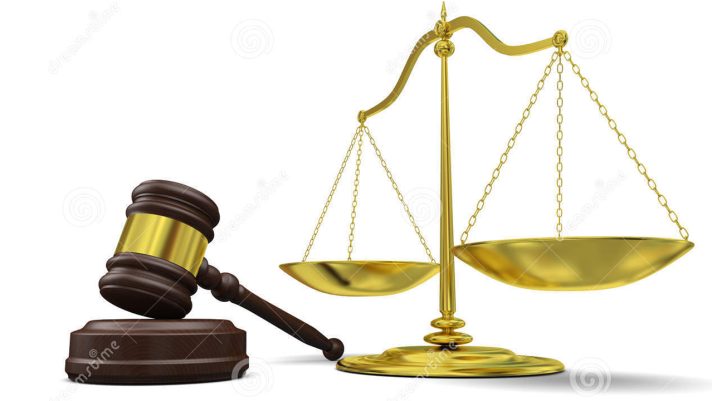The Special Criminal Court, a tribunal set up to judge war crimes and crimes against humanity in Central African Republic, had its mandate extended for a further five years under a law passed Wednesday.
The tribunal, set up in 2015 with UN backing, issued its first verdict this year after a long struggle in the face of financial and logistical hurdles and local hostility.
On October 31, it issued a life sentence and two 20-year terms against three members of the so-called 3R group, accused of taking part in a massacre in May 2019 in which 46 villagers died.
A draft bill put forward by Justice Minister Arnaud Djoubaye Abazene to extend the court’s mandate by another five years was approved in a voice vote at the National Assembly.
This decision “marks the will of the Central African people… to continue the fight against impunity indefinitely,” he said.
He warned against those “plotting against the institutions of the Republic, perpetrating violence and atrocities against peaceful citizens.”
“They should know that justice will catch up with them.”
Mineral rich but deeply poor, the CAR has enjoyed only a few years of stability since independence from France in 1960.
The special court is manned by judges and prosecutors who are a mix of nationals and foreigners from France, Togo and the Democratic Republic of Congo.
It began its first investigations in 2018, some three years after it was set up.
Its annual budget, worth 12 million euros (dollars), is mainly covered by the United Nations, European Union and United States.
Its terms of reference apply to suspected war crimes and crimes against humanity dating back to 2003, when a coup was staged by General Francois Bozize.
He in turn was toppled a decade later, and the country spiralled into civil war along sectarian lines.
Violence fell back in intensity in 2018 but as recently as early 2021, two-thirds of the country lay in the hands of armed groups spawned in the conflict.







